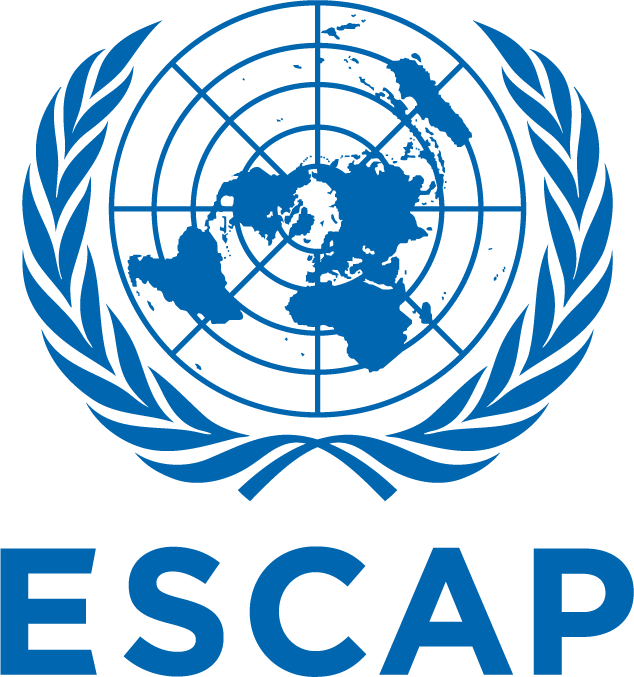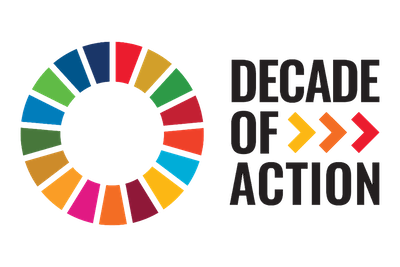
The ESCAP/WMO Typhoon Committee (TC) at its 53rd Online Session decided to convene the 16th Integrated Workshop in 2021 in ESCAP facility in Bangkok, Thailand. Due to the still ongoing COVID-19 pandemic and the complication arising from mutant strain cases around the world, the 16th IWS will be organized virtually, from 2-3 December 2021. The main theme for the 16th Integrated Workshop is “Strengthening Impact-based Forecasting for Improving the Capacity of Typhoon-related Disaster Risk Reduction”. The Day 1 (2 December) will feature a plenary session in the morning with member presentations on the theme and discussion on strategic plan 2022-2026. This will be followed by parallel sessions of the Working Groups in the afternoon. Day 2 (3 December) will provide a final plenary session and closing.
Integrated workshop is an annual event for ESCAP/WMO Typhoon Committee Members to review activities and work progress through the Advisory Working Group (AWG) and the four Typhoon Committee Working Groups (WGs) on Meteorology, Hydrology, Disaster Risk Reduction (DRR) and Training & Research Coordination Group (TRCG), and to make work-plans for the coming year.


